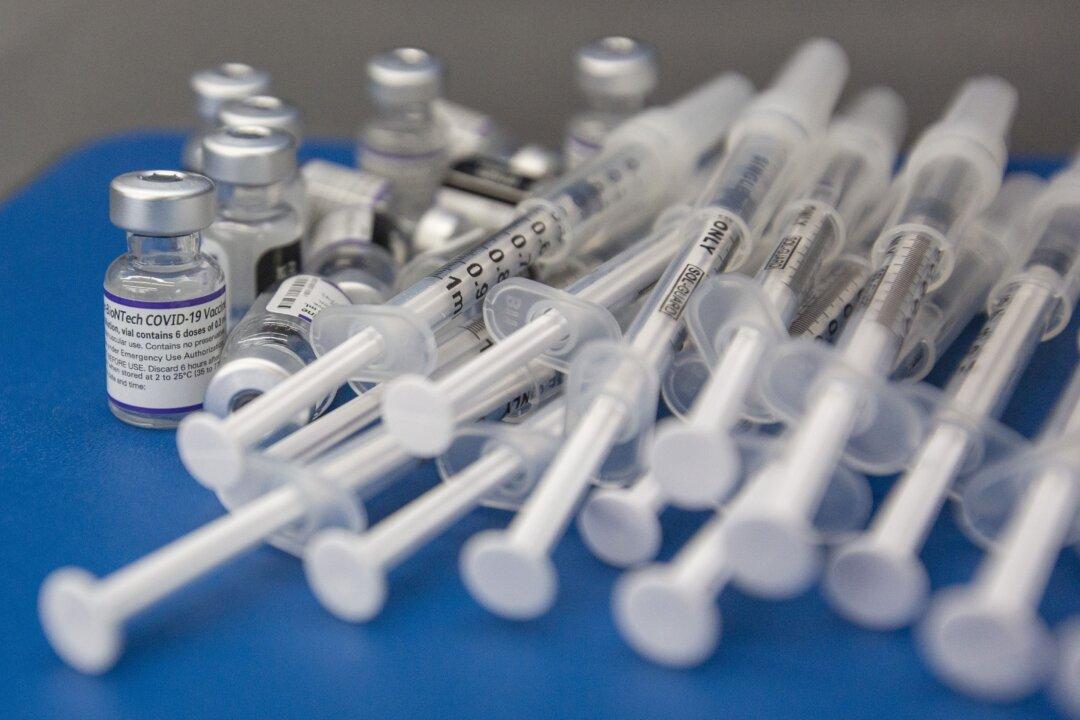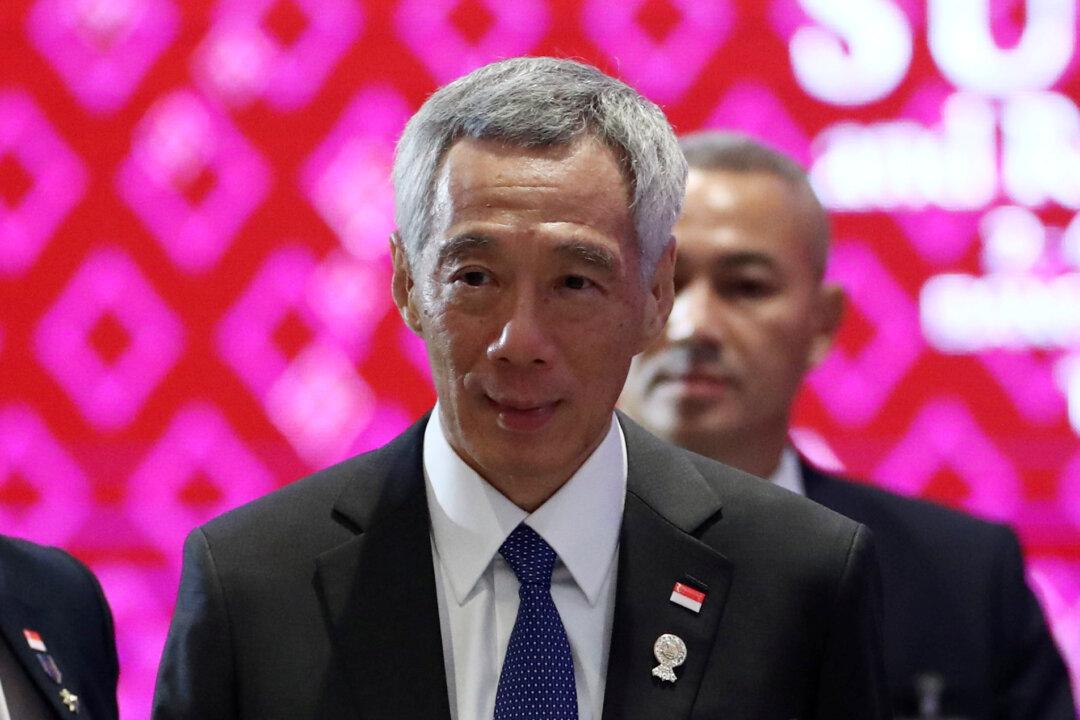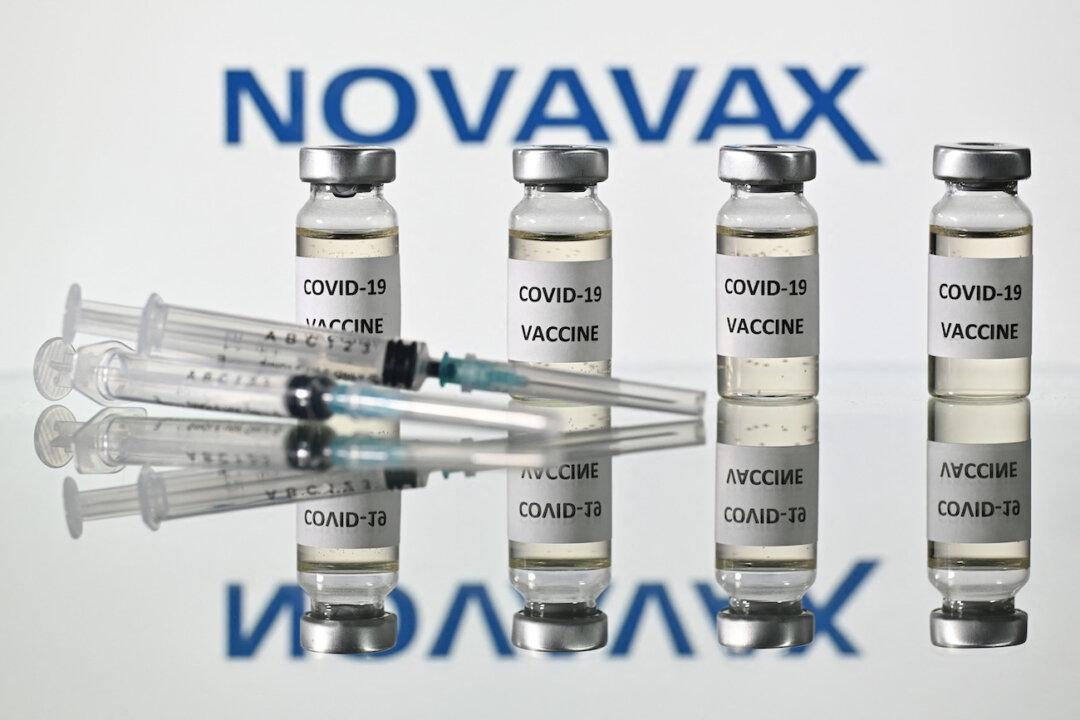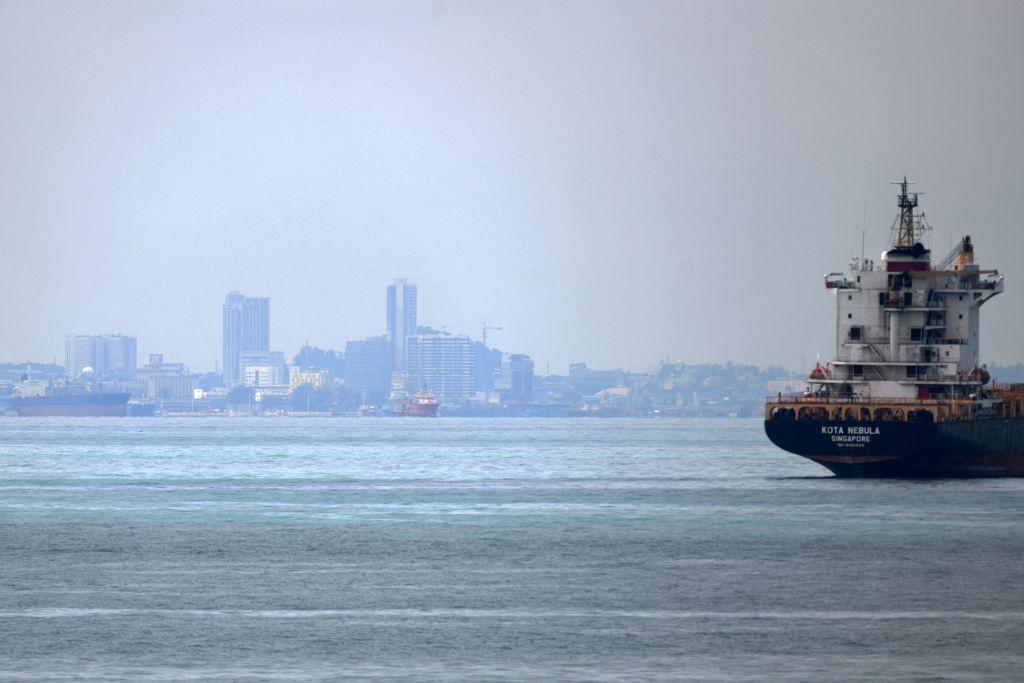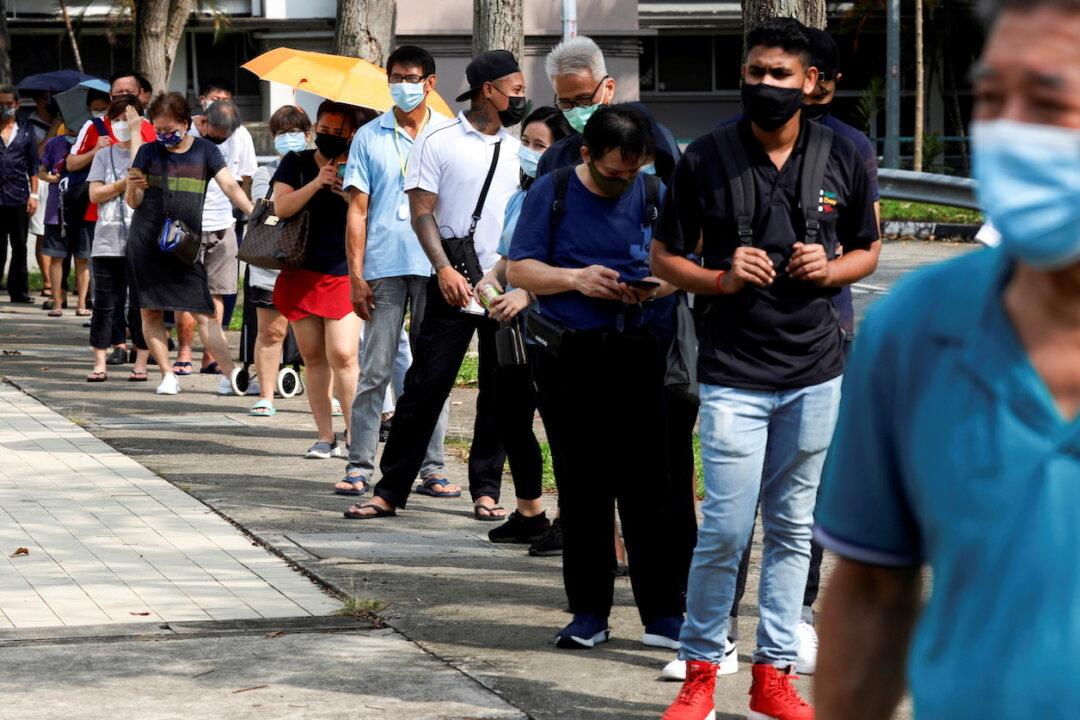Singapore’s Ministry of Health (MOH) announced on Apr. 6 that eligible individuals over the age of 80 years may receive a second booster dose from Apr. 8 onward.
This came just 2 weeks after the Multi-Ministry Taskforce accepted the recommendation by Singapore’s Expert Committee on COVID-19 Vaccination (EC19V) for all persons aged 80 years and above, persons living in aged care facilities, and medically vulnerable persons to receive a second booster dose five months after receiving their first booster dose.
